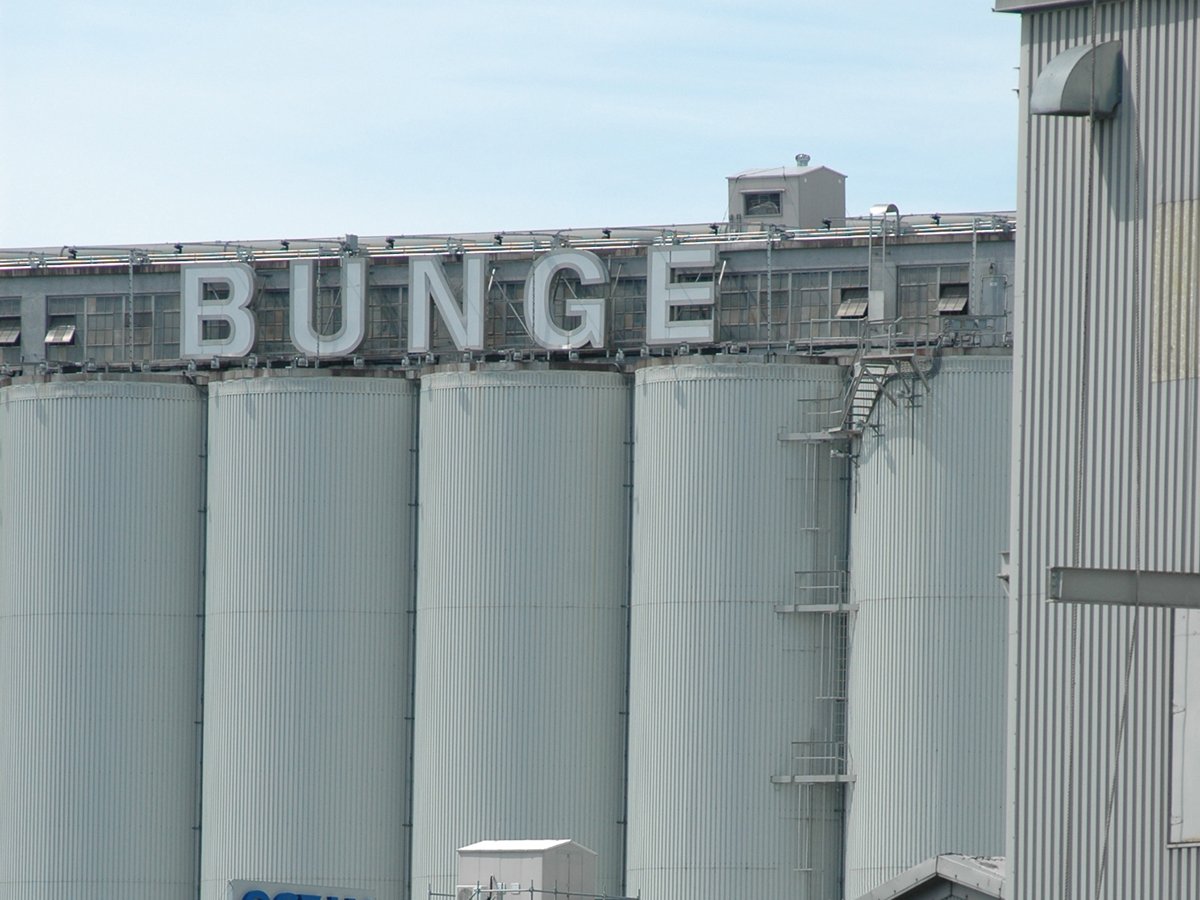TORONTO (Thomson Reuters Foundation) — Chinese investors have acquired only 590,000 acres of prime African farmland, according to a recently published book.
The conclusion is contrary to reports that say Chinese firms are buying or leasing millions of acres of prime land in Africa.
Deborah Brautigam, director of the China Africa Research Initiative at Johns Hopkins University, analyzed media reports that Chinese investors had leased up to 15 million acres of farmland across Africa for her book, Will Africa Feed China?
Reported deals included one that Chinese investors had bought 7.4 million acres of prime farmland in Democratic Republic of Congo for palm oil plantations, and another that Chinese firms had leased five million acres in Zambia for a biofuel project.
Read Also

Bunge’s crop mix is changing
Bunge has predominantly been a soybean processing firm, but that’s about to change after the merger with Viterra with softseed processing and grain merchandising gaining ground.
After following up the announcements and visiting the sites of some of the 60 large-scale deals an-nounced from 1987 to 2014, Brautigam found that only 38 of the acquisitions had led to land being transferred.
“As we looked at these cases, we found that most never happened,” she said. “The original visions (of investors and African governments) were wildly optimistic.”
Her research showed that Chinese investors had acquired 590,000 acres of farmland in Africa by the end of last year.
Deals often stalled because overly ambitious investors saw what they thought was unoccupied land, and politicians seeking economic growth welcomed their unrealistic plans, she said.
Companies would often reduce their plans or pull out entirely after learning about the poor infrastructure in countries like the Democratic Republic of Congo and Ethiopia and the fact that small farmers held customary tenure over land they thought they were leasing.
“There were protests in some countries (over large-scale Chinese investment plans),” she said.
“But in most countries, (investments) didn’t get to a point where anything happened, so protests didn’t happen either.”
She said China imported $2.9 billion worth of agricultural products last year from sub-Saharan Africa, up from $2.7 billion in 2013.
Most deals that produced food involved the privatization of state agricultural assets and plantations, rather than new land being cleared for production, she added.
Mozambique, Cameroon and Ethiopia saw some of the largest Chinese investments, mostly in sugar and rubber plantations.
Rather than buying land outright or leasing large African tracts for long periods, many Chinese investors have shifted to a form of contract farming, where companies provide small growers with seeds, training and a guaranteed market in exchange for their products, she said.














